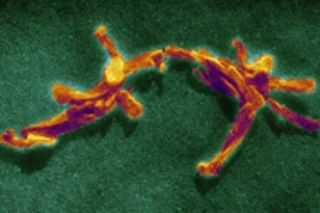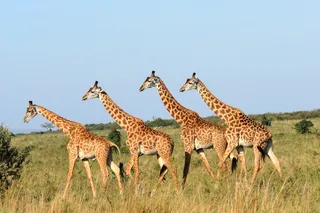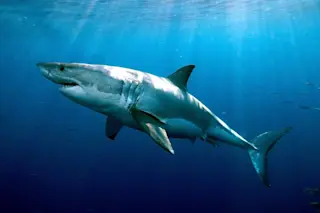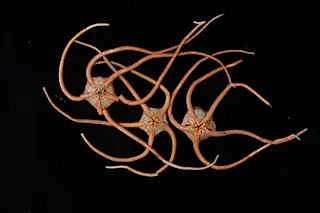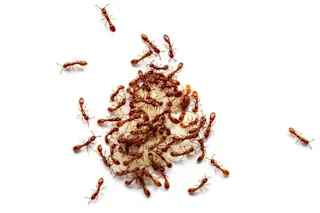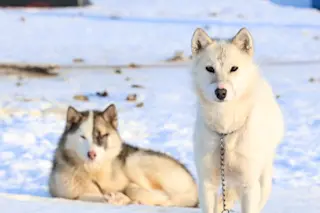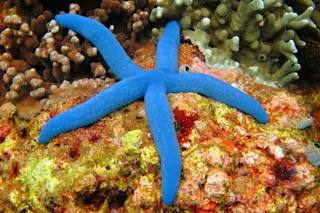For evolution to take place, you need DNA or RNA to change through mutation, providing the variations for natural selection to select. Right? Well, it may be more complicated than that. A new study suggests an exception: prions, the infectious protein bits that can cause degenerative brain diseases like mad cow disease. In a paper in Science, researchers document these lifeless structures evolving, despite the fact that they lack any DNA or RNA. Study leader Charles Weissmann and his team transferred prions from brain cells to other kinds of cells and watched as certain members of the prion population adapted to the new environment and took over, out-competing their brethren. When he transferred the prions back to brain cells, the ones most adapted to brain living got the upper hand and increased in number as they out-competed the prions that had adapted to other cells. Weissmann argues that this shows ...
Who Needs DNA? Prions Evolve Without It
Discover how infectious prions evolve without DNA, challenging our understanding of evolution and diseases like mad cow disease.
More on Discover
Stay Curious
SubscribeTo The Magazine
Save up to 40% off the cover price when you subscribe to Discover magazine.
Subscribe

